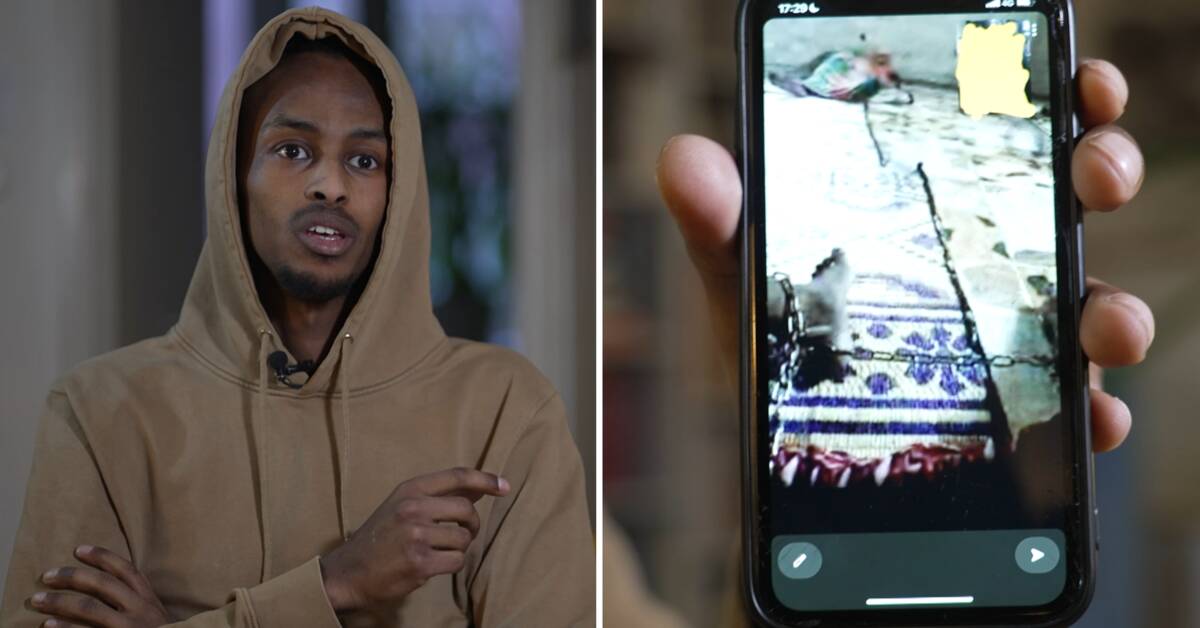Mohamed thought he would live with relatives, but when he arrived in Mogadishu, he was taken into a car and driven to the foster detention centre. The beating began immediately.
"They hit you under the heel, they hit you in the palm of your hand, in the back of the head – on points that hurt extremely badly.
According to him, he was put in chains for a year and a half. It was all about breaking down the young people who were there and, through fear, making them susceptible to being transformed into "right-faithful" Muslims.
Known by the authorities
Mohamed is not alone in being sent abroad to get away from a slip. A recent study from the Swedish Gender Equality Authority addresses more than 140 cases of children and young adults who have been taken out of Sweden against their will in recent years. Around 28 per cent of those abducted are young men sent on a journey of upbringing.
It is common for the family to want to punish the children, or it is done out of benevolence. It may be that they think that the child has become "Swedish", ended up in crime or violated the family's rules.
"Many of those who are abducted have been known to several authorities. But they have been too passive and not made risk assessments. Or they have not understood what measures are required. A passive attitude by authorities often leads to an active attitude of family and relatives, says Mikael Thörn, head of unit at the Swedish Agency for Gender Equality.
Defending parents
The study is based on interviews with people who worked with young men who have been abducted. It does not give a national picture because it does not cover all municipalities.
"The majority of the cases I've come across have been of the calibre that they may have been locked up, beaten and subjected to torture," Thörn says.
Despite everything Mohamed Hassan Ali was subjected to on the spot, he defends his parents' decision to send him away.
"They thought it's better for our son to be there than in a destructive environment here.

